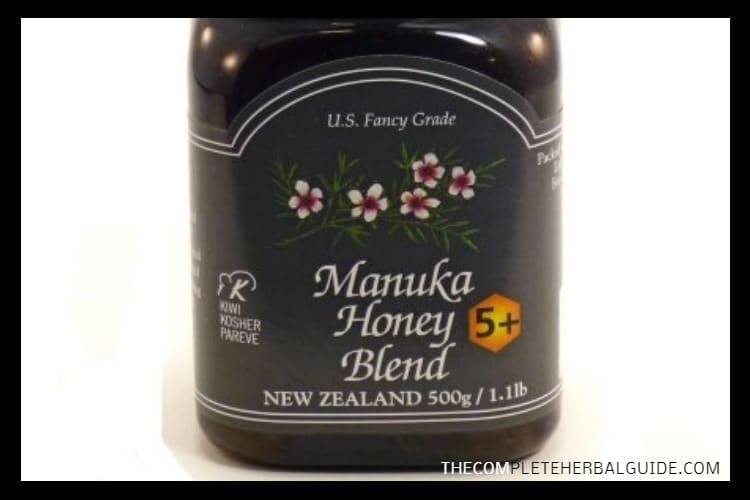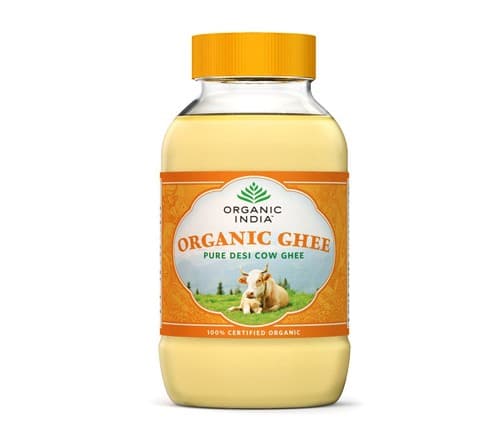
A refreshing and all natural tea made using 100% Raspberry Leaf Tea
“Buddha’s Herbs: Raspberry tea with herbs nourishes the body supplying vital herbal extracts to ignite the body, heal and restore the body back to optimum health.”
Table of Contents
Did you know…?
Raspberries provide high levels of vitamins and other nutrients as well as being delicious. Raspberries contain a powerful phytonutrient and antioxidant known as ellagic acid, red raspberries have been found to protect against a variety of health conditions and diseases.
What are the health benefits of Raspberry Tea?
The Red Raspberry is rich in minerals and vitamins that promote the health of hair, skin, nails, bones, and teeth. It has an old reputation as a woman’s friend that helps to tone the uterine muscles (particularly valuable during labor and delivery and recovery after birth). Moreover, Red Raspberry is said to provide relief for heavy cramping and excessive bleeding during menstruation.
The tea from red raspberry leaves is used to treat throat infections and diarrhea. Raspberry leaves are often used by pregnant women because of their relaxing and astringent actions. Raspberry leaves were used to facilitate childbirth and to stimulate milk production. Red raspberry leaves are believed to strengthen the uterus muscles of the uterus and thereby hastening childbirth. Studies with animals and humans have indeed indicated that raspberries leaves have uteronic activity.
The red raspberry fruits (or simple raspberry) are very rich in anthocyanins and in particular ellagic acid. Because of the anti-tumor and anti-cancer activity of ellagic acid, consumption of red raspberries may decrease the risk for cancer. Studies have shown that ellagic inhibits tumor growth caused by carcinogens and that it protects DNA against damage from radiation therapy.
The anthocyanins in a red raspberry act as antioxidants, protecting against heart disease and mental aging problems.
History:
Red Raspberry is a deciduous bramble with perennial roots, native to many parts of Europe, but has a wide distribution from the Polar Regions down through temperate North America, Europe, and Asia, following higher elevations as it reaches the more southerly latitudes.
Red Raspberry is a shrub with erect, spiny, woody, thorny stems (called canes) that bear irregularly-toothed, pale green leaves and pretty white flowers, followed by deep red fruit, and it may grow to a height of six feet. The berries are edible and highly nutritious, with a delicate, complex flavor. The brambles may be found growing wild in dry or moist woods, thickets, untended fields and roadsides, but prefers moist, slightly acid, well-drained loam, rich in humus, in full sun or partial shade.
Fossil evidence shows that Raspberries were part of the human diet from very early times, and their presence is noted as both a food and part of herbal medicine in the ancient writings of the Greeks, including Aeschylus (c.525-456 B.C.) and the physician, Hippocrates (460-357 B.C.). The Romans used Red Raspberry to treat sore mouths and inflammation of the bowel, and it was mentioned in the works of Propertius (c.50-16 B.C.). The leaves bark and fruits are employed herbal medicine. It is said that early settlers brought Red Raspberry with them, but there was already a hardier variety growing in North America, where several Native Americans were using it as a food and in herbal remedies.
Red Raspberry has been included for hundreds of years in folk medicine as an astringent and women’s aid and was considered important enough to be listed in the United States Pharmacopoeia in 1882. In the days when “natural” childbirth and midwives were the only way to have a baby, Red Raspberry was the herb of choice. Also, In the 1920s, British researchers isolated a substance called fragerine from the leaves, which was found to be a relaxant that reduces muscle spasms in the uterus.
In both Chinese and European herbal medicine, Raspberry Leaf tea is a classic herbal preparation for pregnant women, which is administered to prepare them for childbirth. Red Raspberry was once also used during pregnancy to ease nausea and morning sickness, prevent miscarriage and increase the production of breast milk, but it is not recommended in this manner now (particularly in the earlier months), because of the possibility of uterine contractions. Some of the constituents in Red Raspberry include flavonoids, high concentrations of tannins,alpha- and beta-carotene, alkaloids (fragarine), organic acids (caffeic acid, ellagic acid, ferulic acid, etc.), Geraniol, lutein, calcium, iron, magnesium, manganese, phosphorus, potassium, selenium, silicon, zinc, B-vitamins and vitamins C and E.
Medical Uses:
Red Raspberry is considered an excellent astringent, which makes it an effective treatment for a number of complaints. The high tannin content is said to help to control diarrhea by preventing the flow of fluids into the intestines, thereby helping to solidify the stool. The tannins are also thought to be most likely responsible for controlling nausea and vomiting as well. Once again, the tannins are said to cause proteins in healing skin to cross-link and form an impermeable barrier.
Red Raspberry has been used for centuries to strengthen the reproductive system in women, particularly during pregnancy. The herb is thought to tone and regulate the uterine muscles. If the smooth muscle is tight, the herb is said to relax it; likewise, if the muscle is relaxed Red Raspberry causes contractions, and when taken during the last two months of pregnancy, it is believed to strengthen and tone the uterine muscles and stimulate labor and delivery and possibly even help to shorten delivery and ease pain. After birth, Red Raspberry is taken for several weeks to help reduce swelling and bleeding and return the uterus to its normal tone. By toning the pelvic muscles, Red Raspberry has been used as a traditional remedy for bed-wetting.
To further support women’s health, Red Raspberry is said to relieve heavy cramping during menstruation. The ferulic acid content in the herb is said to be a uterine relaxant, stimulating the muscles that support the uterus and allowing for easier menstrual flow. It is thought to help relieve premenstrual syndrome (PMS) and also reduce excessive menstrual bleeding. There are reports that Red Raspberry may also help to alleviate hot flashes.
Red Raspberry is said to possess antiviral properties, and some studies have shown that it kills viruses (including herpes) and fungi in cell cultures. It was said to be effective against herpes virus II, influenza virus, and poliovirus I, among others.
The lutein content in Red Raspberry is believed to be beneficial to good eye health. It is a carotenoid that may be found in many fruits and vegetables, and researchers have claimed that this nutrient may significantly decrease the risk of developing macular degeneration of the eyes. Even normal-sighted people taking this supplement have reported reduced glare and sharper vision, and it may also be helpful for anyone exposed to brilliant sunlight or computer screens on a daily basis.
The highly nutritious qualities of Red Raspberry have been effective in promoting healthy hair, nails, skin, bones, and teeth. The silicon and magnesium content is said to be very helpful for improving the quality of hair. There are claims that silicon (which can be found in vegetables, fruits, horsetails, and oats, etc.) will strengthen hair, and it also seems to cause thickening of hair and nails within weeks. There are also reports that it promotes faster growth.
Used as an antiseptic and astringent, Red Raspberry is said to stop burns from oozing and is thought to make an effective gargle for mouth and throat inflammation. Topical applications include treatments for canker and other mouth sores, eye problems in soothing eyewash and in a douche for vaginal discharge.
Why I Love Buddha’s Herbs: Raspberry Tea
- High-Quality Raspberry Tea Blend
- Provides 22 Double Filter Tea Bags sealed in Airtight Envelopes to Preserve Freshness and Aroma
- Ecologically Friendly Tea Bags with no Glue or Metal used
- 100 Percent Natural with no Artificial Color, Flavors or Preservatives
What the reviewer thought
I like Buddha’s Herbal St. John’s Wort Tea is because:
- It’s a powerful antioxidant
- 100% natural ingredients
- Its blend of other herbals is used to help support many common conditions.
- Strengthens the reproductive system in women, particularly during pregnancy
As an author of the book, “The Complete Herbal Guide: A Natural Approach to Healing the Body – Heal Your Body Naturally and Maintain Optimal Health Using Alternative Medicine, Herbals, Vitamins, Fruits, and Vegetables, I found Buddha’s Herbs: Raspberry tea to be very beneficial and it tastes great.”
It came quickly, packaged well and when I tried it, I was impressed by how good the tea tasted. I was impressed with the tea. In addition, I will recommend it to others and continue to buy Buddha’s Herbs: Raspberry tea.
I will continue to use Buddha’s Herbs: Raspberry tea. I was very impressed.






